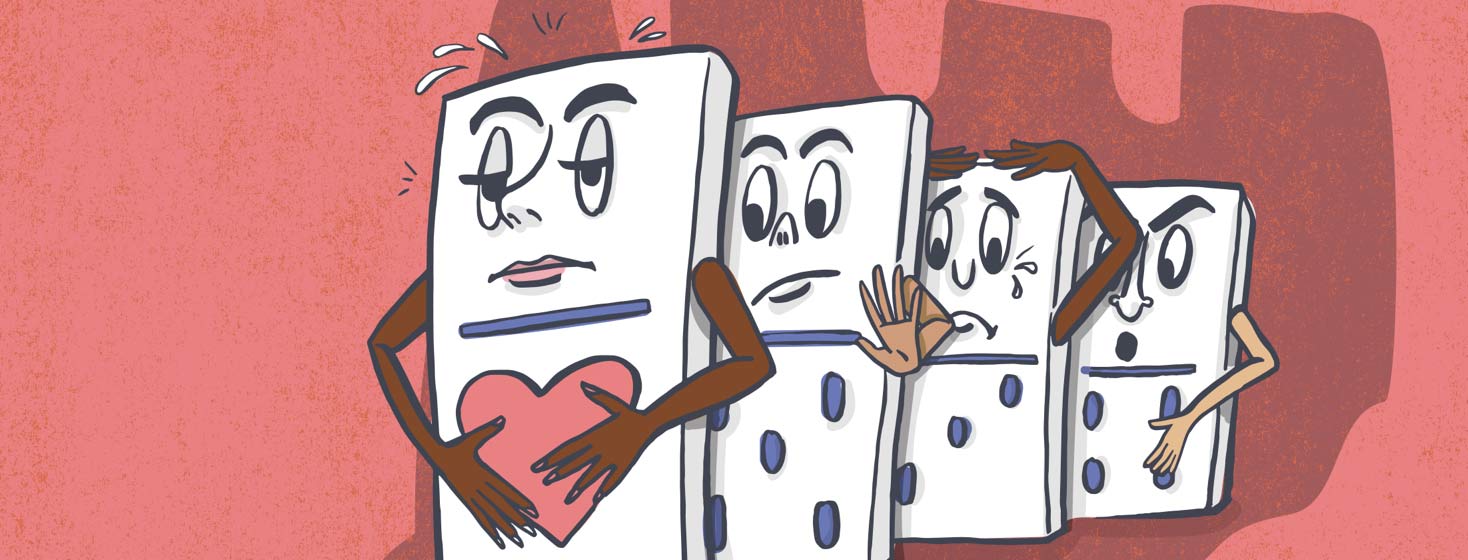PRETTY LADY CHRONICLES: Being a Patient Is a Process (Part 3)
Editor's note: Check out Part 1 and Part 2 of this series.
The process of being a patient doesn’t end with managing my physical or mental health. Ironically, that is just the beginning. One of my greatest lessons is how my health has affected others around me.
Personally, I have come to accept the abrupt health changes as a normal part of life that can impact my daily routine. However, the way it affects my family and friends can be overwhelming and overlooked. I’m a mother, daughter, sister, friend, advocate, Heart Sister, and patient. Balancing each of these roles has been an ongoing part of this process.
Expectations and consideration
There have been times that I felt let down, because of my own expectations of how family and friends should support me as the patient. When some didn’t visit me while in the hospital or call just to say hi, I would often consider that a lack of support. My thought was, “I need people to be there for me the way that I need them to be there." That is still true to an extent, but I'm learning how my personal expectations affect those around me.
I can recall a past instance when I was on a ventilator. Shortly thereafter, a friend arrived to visit me at the hospital. From that day on, they would no longer visit. That left me feeling alone, isolated, and that they didn’t care. That was the furthest from the truth. Seeing me in such a critical state made my chronic illness real, and made them fear losing me even more.
Tomorrow is not a promise for any of us, but that is a fear they aren’t ready to face. That experience took place over two years ago, but it still affects them to this day. Similar situations would affect other family members and friends. That has caused some to put up guards, and become distant to protect their own peace.
Balancing the lines
Expectation is a powerful word and should be used with caution. I expected that if I was sick, people would be there on my terms. I learned the way others react to my chronic illness isn’t personal. I’ve been so focused on being my own best advocate and ensuring that my health is always at the forefront that I wasn’t considering others. Expecting others to handle this process only the way I needed them to has been inconsiderate at best. That was a hard pill to swallow; because that was never my intent.
Just as with mental or emotional trauma, everyone doesn’t cope with chronic illness the same. I removed myself. I had to consider others and allow them to come to terms with my chronic illness in their own way. That was something I didn’t understand right away but learned over time.
Although balancing my multiple roles has taken a life of its own, it has been a humbling experience. Protecting my mental, emotional, and physical peace is still a priority, and managing the process of being a patient is ongoing. It also gave me a voice to advocate for myself that has strengthened and empowered me.

Join the conversation